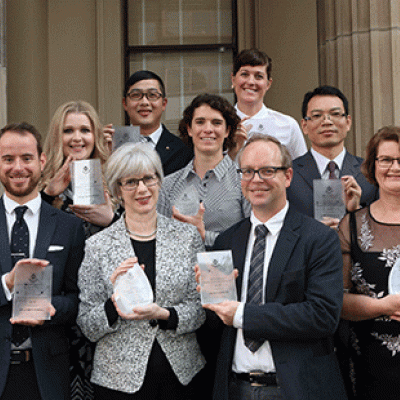The University of Queensland received the equal highest number of Highly Cited Researcher (HCR) awards in Australia.
22 November 2024For the first time, scientists have used data from weather radar not to track storms, but to count birds as they travel across Australian skies.
28 October 2024Nature photographers posting to social media are helping improve biodiversity conservation mapping in South Asia, and the method could go global.
17 November 2023For the first time, researchers have revealed how a person’s genes can play a part in their enjoyment of nature, potentially changing the way we look at our affinity with the natural world.
4 February 2022Public use of parks and reserves increased only slightly during last year’s COVID-19 national lockdown despite gyms and sports facilities shutting down, a University of Queensland study found.
28 May 2021As the world looks to tighten up the illegal capture of wildlife, migratory birds are being threatened by widespread and unsustainable hunting across the Asia-Pacific region.
21 May 2020Artificial intelligence and extensive satellite imagery have allowed researchers to map the world’s intertidal zones for the first time, revealing a significant loss of the crucial ecosystem.
20 December 2018The University of Queensland has a range of experts available to talk to media in relation to World Environment Day on 5 June and World Oceans Day on 8 June.
1 June 2018Crowdfunding is helping to protect endangered species such as the African elephant, the black rhinoceros and the Bornean orangutan.
29 May 2018Ice-free areas of Antarctica – home to more than 99 per cent of the continent’s terrestrial plants and animals – could expand by more than 17,000km2 by the end of this century, a study published today in Nature reveals.
28 June 2017An international team of citizen scientists and researchers has identified a major contributor to the dramatic decline of migratory shorebird populations in Australia.
11 April 2017University of Queensland-led research published in Nature has found that nearly three-quarters of the world’s threatened species are in peril because people are converting their habitat into agricultural lands and overharvesting species.
11 August 2016Climate change could make much of the Arctic unsuitable for millions of migratory birds that travel north to breed each year, according to a new international study published today in Global Change Biology.
20 July 2016People who visit parks for 30 minutes or more each week are much less likely to have high blood pressure or poor mental health than those who don’t, according to new research by Australian and UK environmental scientists.
24 June 2016How do you reconcile the recreational needs of a city of two million people with the protection of migratory birds recovering after journeys half way around the planet?
22 April 2016Global climate change resembles a room of second-hand smoke, new research has found, with countries emitting the least amount of gasses suffering the most.
8 February 2016University of Queensland scientists are calling for greater international collaboration to save the world’s migratory birds, with research finding more than 90 per cent of species are inadequately protected due to poorly coordinated conservation...
4 December 2015Research into areas as diverse as avocados, batteries and climate change has shared in a $515,182 total pool in The University of Queensland’s Research Week awards.
16 September 2015Artworks by prominent Australian Federation-era painters will be exhibited at the UQ Art Museum from 25 July.
20 July 2015Environmental scientists have developed a new, low-cost way to save rare animals and plants from poachers and plunderers – using maths.
26 February 2014- 1 of 2
- next ›
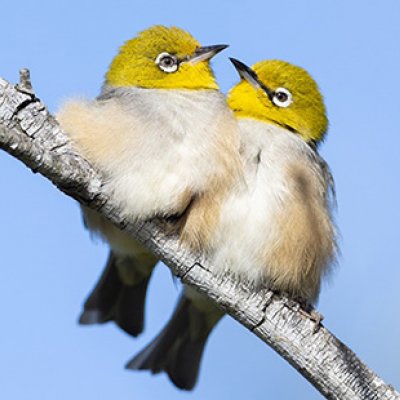
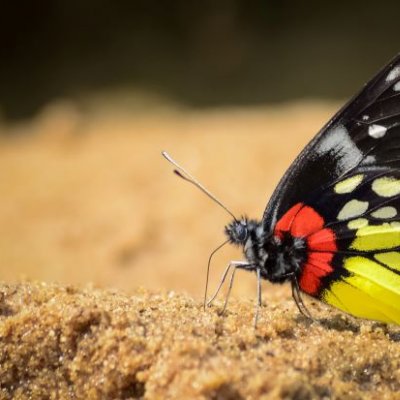


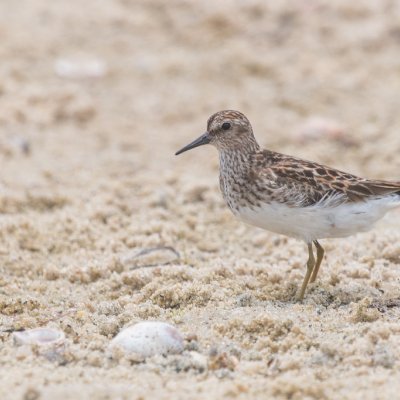
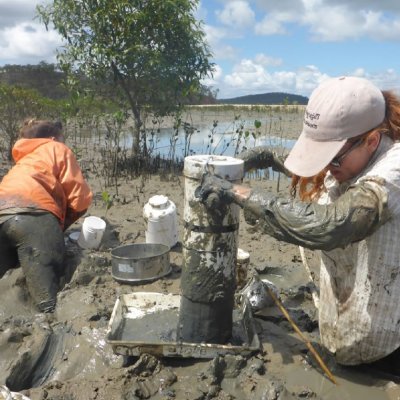

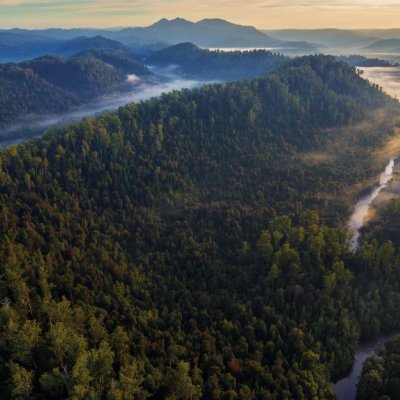

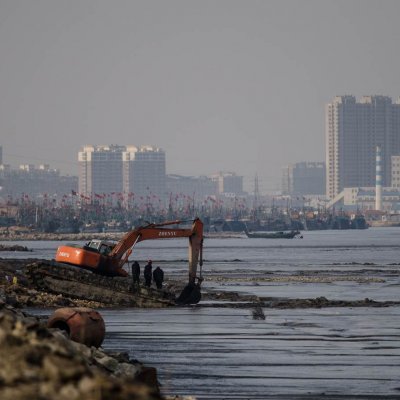
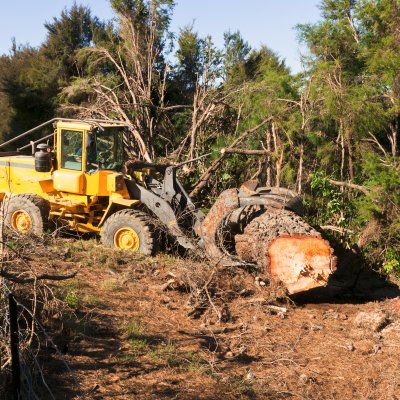
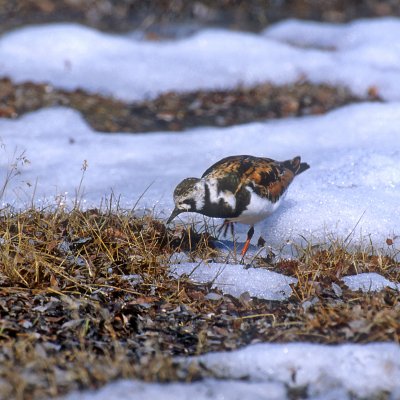
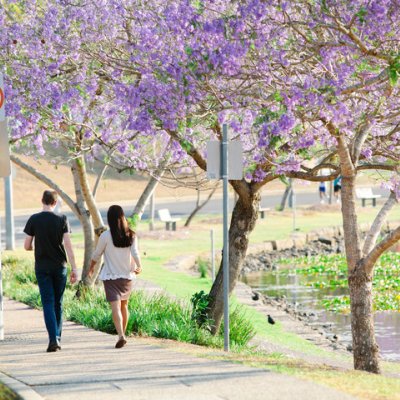
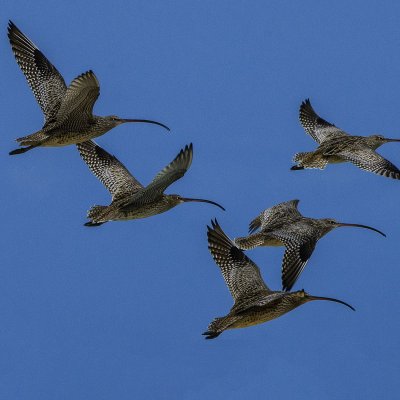

.jpg?itok=LrxrnD_s)
